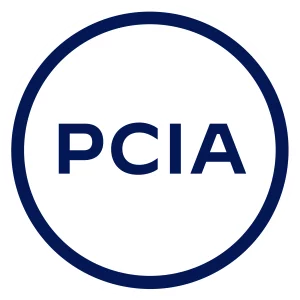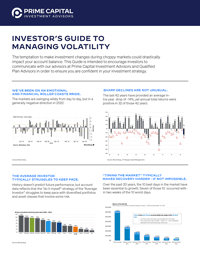When it comes to building wealth, it’s not just about how much you earn—it’s about how much you keep. This rings especially true the closer you get to retirement. While it’s easy to focus on maximizing cash flow and growing your assets, true wealth extends beyond accumulation. It’s equally important to safeguard and preserve the wealth you’ve worked so hard to create.
Preserving wealth can be a complex process with a lot of information to navigate, but the first step is to build a basic understanding of strategies commonly used, as well as potentially seeking out someone equipped to help you interpret and implement those strategies. Read on to learn what you may want to consider when creating your wealth protection plan.
Common Strategies for Protecting Wealth
| Emergency Fund Keeping an emergency fund can help protect you against high-cost unplanned expenses. Try to have a fund that can cover three to six months of expenses. This way you can navigate the unexpected without taking a direct hit to your finances. | Factor Inflation Make sure your overall plan accounts for inflation. While ideally inflation will grow at a steady, predictable rate, have room in your plan for the scenario in which it grows at a higher-than-expected rate. |
| Life Insurance Life insurance provides wealth protection, and some permanent policies can even help accumulate cash value for retirement planning or other financial goals. | Tax Strategies Proper tax planning can help you minimize tax liabilities and retain more wealth. For some, strategies like Roth conversions or 1031 exchanges may come into play. |
| Estate Planning The effects of probate, family disruption, and lack of liquidity can quickly erode wealth if there’s no plan in place to protect it. Creating a solid estate plan can help preserve the wealth you have built as well as the legacy you will leave behind. | Downside Protection Downside protection is meant to provide a safety net if an investment starts to fall in value. It helps safeguard investments against potential losses by using strategies like options, derivatives, diversification, or stop-loss orders. |
The above strategies can be tricky to navigate alone. Some may be helpful to your financial situation, while others may be ill-suited. This is why finding a trusted financial advisor who can help tailor a plan to your situation is key. However, consider the following questions when choosing an advisor:
- Does the advisor take their own advice? Obviously, it will be tailored to them and their situation, but do they incorporate the strategies they recommend?
- What team do they have behind them? If you need help with a specific strategy, like legacy planning, do they or someone on their team have knowledge in that area?
- Do they have a succession plan in place? If your advisor is no longer there to help you, do you know what that means for you and your portfolio?
If you’re looking for a financial advisor, Prime Capital Financial has a diverse team of over 150 advisors behind them who practice what they preach. Give Jason Noble a call today at (843) 743-2926 or PCIA Wichita at (316) 669-9413 to take the first step towards protecting the wealth you’ve worked hard to create.
Sources:
https://www.investopedia.com/terms/d/downside-protection.asp
This article is for general information only and should not be considered as financial, tax or legal advice. Prime Capital and its associates do not provide legal or tax advice. Individuals should consult with an attorney or professional specializing in the fields of legal, tax, or accounting regarding the applicability of this information for their situations.
Advisory products and services offered by Investment Adviser Representatives through Prime Capital Investment Advisors, LLC (“PCIA”), a federally registered investment adviser. PCIA: 6201 College Blvd., Suite#150, Overland Park, KS 66211. PCIA doing business as Prime Capital Financial | Wealth | Retirement | Wellness.
082824002 JG





